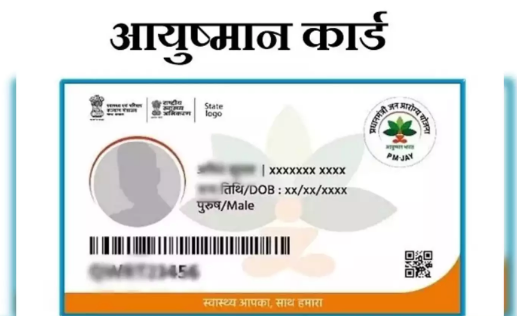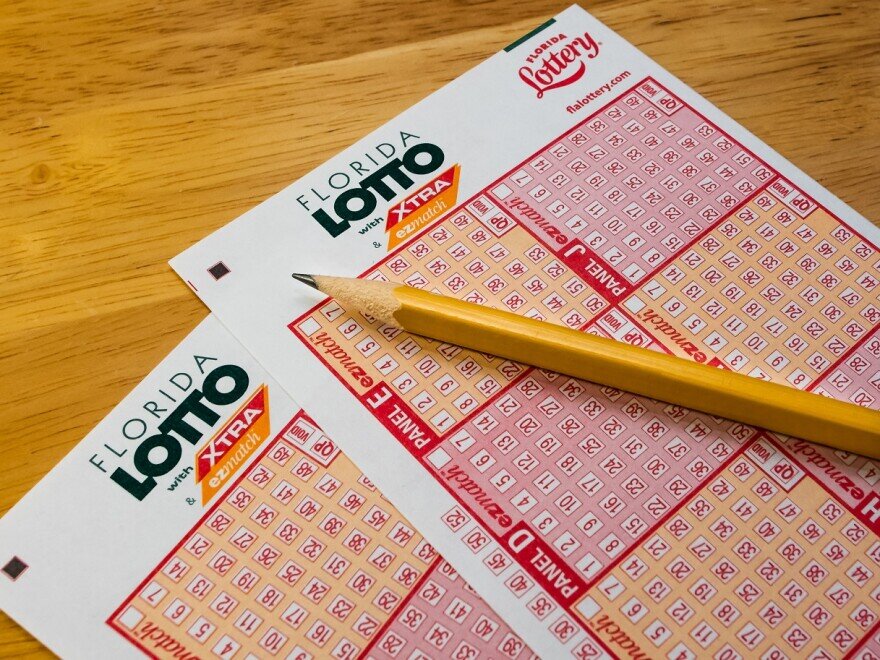Diwali, also known as the Festival of Lights, is one of the most widely celebrated festivals in India and around the world. Symbolizing the victory of light over darkness and good over evil, Diwali holds immense cultural and religious significance for Hindus, Sikhs, Jains, and other communities. This joyous occasion is marked by vibrant decorations, mesmerizing fireworks, delicious feasts, and a sense of togetherness among families and friends.
Diwali is celebrated on the fifteenth day of the Hindu month of Kartik, which usually falls between October and November. The festival lasts for five days, each day carrying its own unique traditions and rituals. The preparations for Diwali begin weeks in advance, as people clean their homes, decorate them with colorful rangolis (intricate floor designs made with colored powders), and adorn them with strings of lights and lanterns.
The first day of Diwali, known as Dhanteras, is associated with wealth and prosperity. It is believed that purchasing gold, silver, or new utensils on this day brings good luck and fortune. People also light diyas (oil lamps) in their homes to welcome the goddess Lakshmi, who is the Hindu deity of wealth and prosperity.
The second day, Naraka Chaturdashi, commemorates the victory of Lord Krishna over the demon Narakasura. People wake up before dawn to take an oil bath, wear new clothes, and offer prayers. In the evening, families gather to perform a special puja (religious ritual) and burst firecrackers to celebrate the triumph of good over evil.

The third day, which is the main day of Diwali, is dedicated to the goddess Lakshmi. People dress up in their finest attire and worship Lakshmi to seek her blessings for wealth and prosperity. Elaborate feasts are prepared, and families exchange gifts and sweets with their loved ones. The night sky comes alive with dazzling fireworks, lighting up the darkness and filling the air with joy and excitement.
The fourth day, known as Govardhan Puja, is celebrated to honor Lord Krishna’s act of lifting the Govardhan Hill to protect the people of his village from a deluge. Devotees create small hills made of cow dung and decorate them with flowers, offering prayers and gratitude to Lord Krishna.
The fifth and final day, Bhai Dooj, celebrates the bond between brothers and sisters. Sisters apply a tilak (colored mark) on their brothers’ foreheads, perform aarti (ritual of worship), and pray for their well-being. In return, brothers give gifts to their sisters, symbolizing their love and protection.
Diwali is not only a time for religious rituals and festivities but also a time for unity and harmony. The festival brings people together, transcending barriers of religion, caste, and creed. Communities organize cultural events, dance performances, and music concerts, showcasing the rich diversity of Indian traditions.

In recent years, Diwali has gained international recognition and has become a global celebration. Cities around the world, such as London, Sydney, and New York, light up with Diwali decorations and host grand festivities, attracting people from various cultures and backgrounds.
As the world becomes more interconnected, Diwali has also found its way into popular culture. In movies and television shows, Diwali is often portrayed as a time of joy, love, and celebration. Characters dress in traditional attire, light diyas, and exchange sweets, portraying the essence of this beautiful festival.
conclusion,
Diwali is a festival that encapsulates the spirit of joy, togetherness, and the triumph of good over evil. It is a time when families come together, homes are illuminated with light, and communities unite in celebration. The festival carries deep cultural and religious significance, and its traditions and rituals have been passed down for generations. Whether you are celebrating Diwali for the first time or have been partaking in its festivities for years, the joy and warmth of this festival are bound to leave a lasting impression on your heart.






